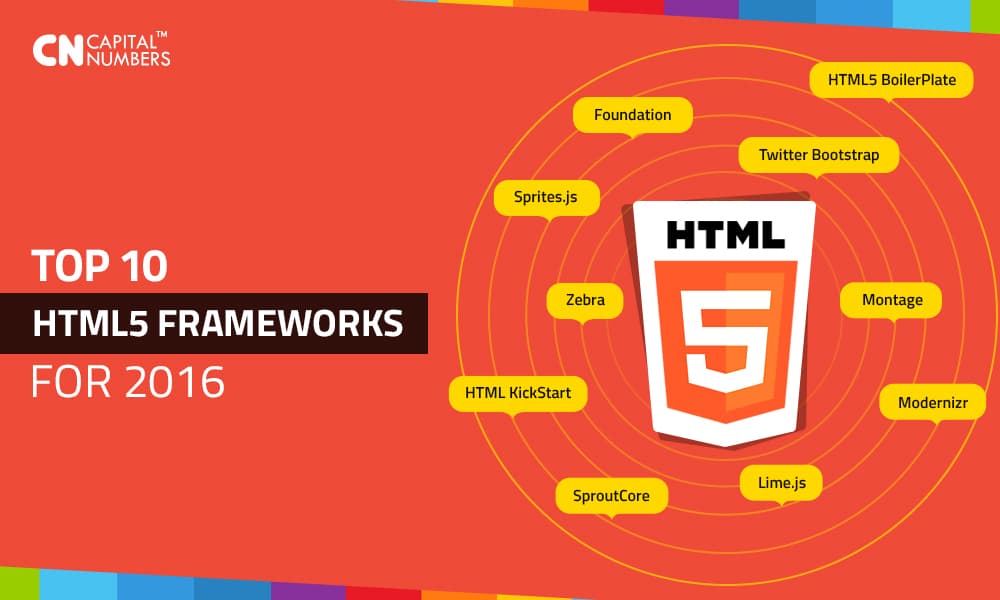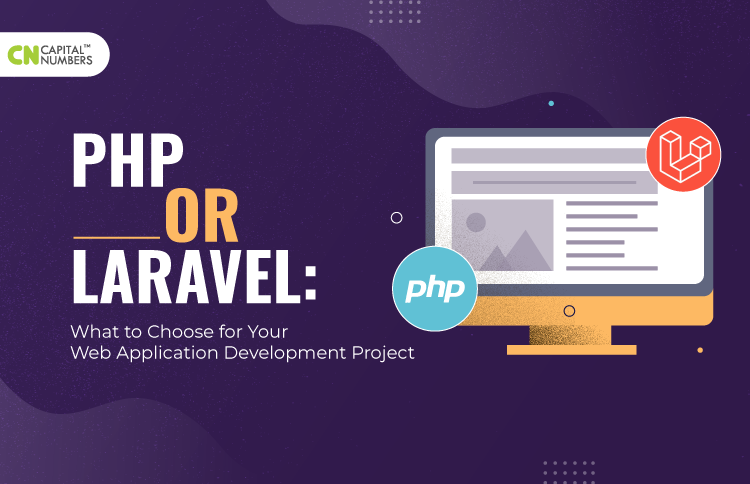Top 10 HTML5 Frameworks for 2016
Table of Contents
I can’t predict with certainty what the future holds of HTML5 technologies. However, one thing’s for sure: knowing which HTML5 framework to use for web development can help differentiate an excellent and successful web developer from a good web developer.
It’s no secret that today’s fast-paced, ever-evolving and complex web development industry demands web developers to find appropriate tools that can help them leverage the competition. One such tool is HTML5 framework. I know you’re thinking, “What is HTML5 framework?” Good question.
Well, HTML5 frameworks are simply abstraction tools that can be used by web developers to create websites easily within a short time. In other words, HTML5 frameworks can be seen as software tools that alleviate the overhead which are associated with the common activities that are performed during web development.
The advantages of using HTML5 frameworks are multi-fold. First, they help web developers to create efficient websites since development of websites becomes a lot easier compared to developing from scratch. Second, HTML5 frameworks improve the security of the website to be developed—an attribute that customers want in a website—since vulnerabilities can easily be detected.
Third and finally, using HTML5 framework can help you to reduce the cost of web development since most of these tools are open source and therefore freely available. Now that you understand the merits of HTML5 frameworks, it’s vital that you also learn how to use them when developing your website.
But first, which are the top-rated HTML5 frameworks in 2016?
Well, here are the top 10 HTML5 frameworks that you should look out for in 2016:
#1: Twitter Bootstrap
The Twitter Bootstrap is one of the most popular and modern HTML5 development frameworks that can help fast-track the development of your website. Here are some of the tools that come with this HTML5 framework:
● Bootswatch. It contains the free Twitter Bootstrap themes.
● Bootstrap Browser Compatibility. It shows which browsers the Bootstrap supports
● WP-Bootstrap. It’s an open source WordPress starter theme that’s built on top of the Bootstrap framework.
#2: HTML5 BoilerPlate
If you’re looking for an HTML5 framework that’s easy to set up and has a lot of optimizations, then look no further than HTML5 Boilerplate. This framework has the following g features:
● It has a built-in scripts for image optimization, html optimization and server configurations.
● It provides users with custom installation set ups.
● It can print the style sheets that are ready to use
#3: Sprites.js
If your client wants a website with animations, then Sprite.js will not only provide you with a simple integration for canvas and HTML animations, but it will also provide maximum performance fro your website.
#4: Foundation
Foundation is a responsive front-end HTML5 framework that has rapid prototyping capabilities. Besides the prototyping capabilities, it also boasts of a responsive grid system that can help you develop a modern website that’s responsive.
#5: HTML KickStart
HTML5 KickStart is a lean and mean package for development of websites using CSS, and JavaScript. If you’re pondering to develop a website that demands stylish buttons and navigation bars, then KickStart will provide that functionality.
#6: Montage
This is an open source HTML5 framework that has incorporated JavaScript files to promote development of websites where the application data and the UI are kept in sync. The Blueprints feature incorporated in this framework helps to bind all the application data with the dynamic web page elements.
#7:Lime.js
Among the features of this HTML5 framework include:
● Optional install. You can just bookmark your game and you’ll be done.
● It has KeyFrame animations
● It provides full support for sprite sheets
● It has good documentations therefore easy to learn.
#8: Modernizr
It can help you to implement HTML5 and CSS3 in browsers that don’t natively support it. This framework can detect your browser’s features and it then add its classes to HTML, so that you switch to a valid fallback.
#9: SproutCore
It is a front-end HTML5 framework that builds HTML5 websites rapidly. It provides web developers with capabilities to develop native-like applications which run on the web.
#10: Zebra
It’s a rich UI open source HTML5 framework that leverages the HTML5 canvas as the backbone for rapid development of web applications.


 Web Development
Web Development Cloud Engineering
Cloud Engineering Mobile App Development
Mobile App Development AI/ML/GenAI
AI/ML/GenAI E-commerce
E-commerce Software Development
Software Development UI/UX
UI/UX QA
QA Dedicated Teams
Dedicated Teams











